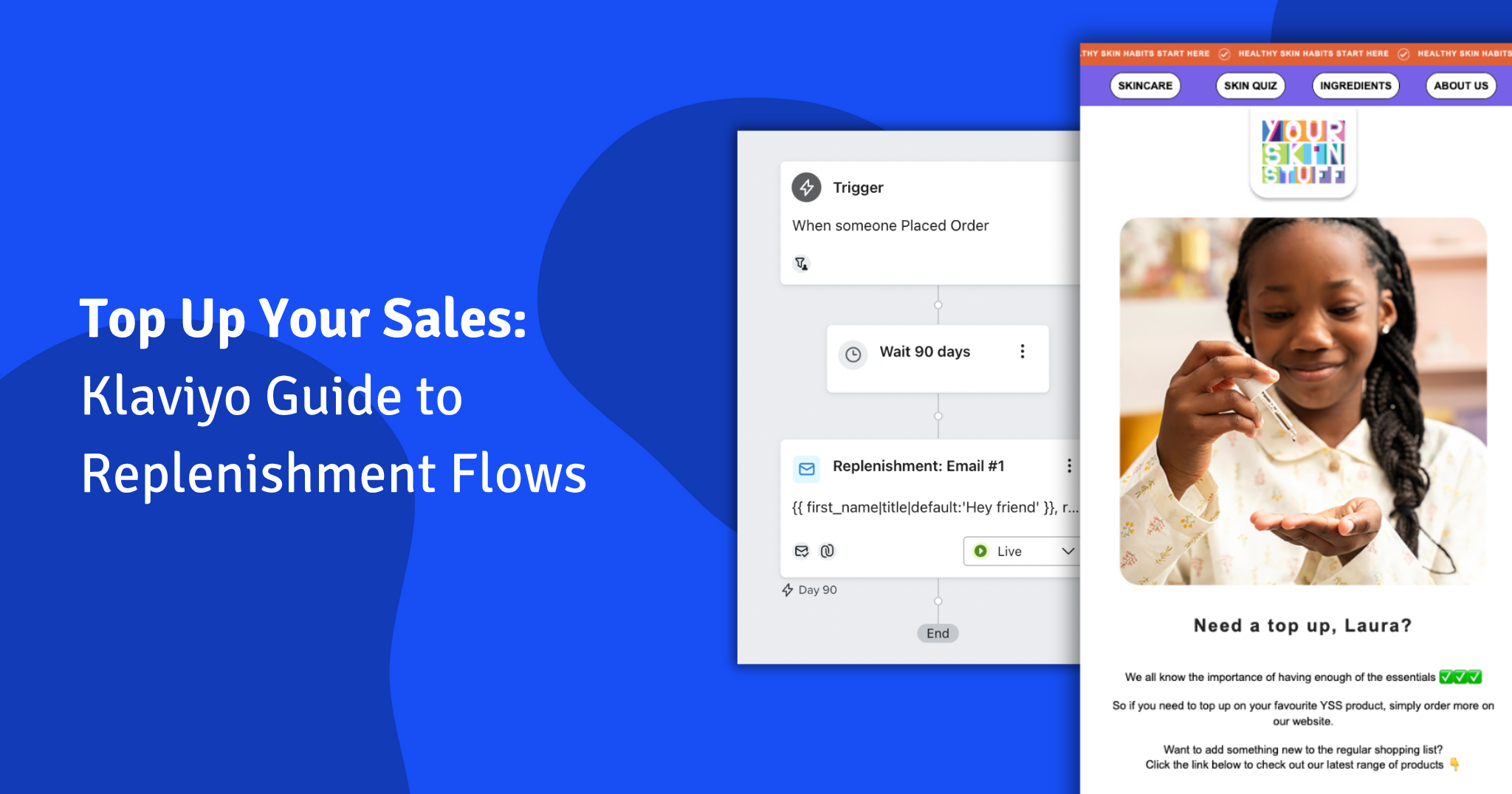Most startups have the same goal of creating a profitable business, but most fall short of this aim so as part of the Intuit recipe for success series we are providing our thoughts on the startup #RecipeForSuccess.
As a digital consultancy, we meet startups and business founders from all walks of life and we have seen businesses go from idea to generating millions of pounds of sales we have also seen many businesses fail to get past the idea stage. Based on our experience here’s our recipe for a successful startup:
Idea
All startups begin with an idea and this is the most exciting part as ideas are fun, because after all it’s more fun to think about how your idea will change the world and the millions in sales you’ll be generating rather than the bills, legal issues etc that you’ll have to overcome. Once the initial excitement of thinking of an idea has passed you have to ask yourself the tough questions around is my idea practical? what will it take to execute? Who would be willing to pay for it? How much would they be willing to pay? The best way to understand this is to go to who you believer are your potential customers are and ask them these questions. It sounds simple but many startups get very far down the execution path before actually speaking to customers. Doing this at an early stage will often save time, money and improve your product.
Sadly in 2017 it is almost impossible to have have a “new” or “original” idea. Someone will have probably thought of and tried your idea. What will make your idea successful is the execution and the timing. For example Mark Zuckerberg wasn’t the first person to have the idea of social media, many others thought of and invested a lot of money in social media, but Zuckerberg executed his idea better than the others and therefore he won.
For an example of timing you can look at the airplane, Leonardo Da Vinci was working on plane designs, but his timing was way off as technology hadn’t caught up to him yet so he couldn’t execute the idea, but fast forward 400 years and someone else was able to execute the plane. To look at a more modern approach Uber wasn’t the first company to digitalise taxis, but they executed it very well and at the time of their product launch smartphones were sophisticated enough to provide them with the infrastructure to make the idea work.
Attitude
The next most important component in a successful startup is the attitude of the team and the founder, other this is considered the most important part. Startups are often glamorised showing founders jetting round the world while their idea grows from strength to strength and there are many startups that embrace this stereotype by receiving startup funding or investment and spending their time talking about how successful their company is before it makes any revenue and they inevitably run out of funding and without revenue they close their doors and the founder moves onto their next venture.
The reality is that most successful startups spend most of their time doing rather than talking as startups are usually an ugly environment that requires founders to sacrifice months or even years of social time with family and friends to make their idea successful. I have never seen a successful startup where the founder doesn’t work at least 12 hours a day for the initial months or years of their business.
Finance
Finance depends largely on the context of the idea. If the idea is to start a service based business where the founder will sell their time the the startup costs will often be the basic living costs of the founder which could be financed through savings or personal loans. If the idea is to commercialise space travel the finance required will be enormous and most ideas lie somewhere along this scale. At times people instinctively believe they require funding and investment, but often the idea can be funded by bootstrapping the business.
As a founder you’ll definitely need a good financial brain or advice from someone who has. It will enable you to determine how to fund your idea, where and when to invest.
Team
Due to the wide variety of the requirements for a successful startup a team is usually required. This will again depend on the nature of the idea with smaller lifestyle businesses only requiring a founder and at times some trusted advisors whereas large tech startups will often need people to help with tech, design, business development, finance and operations. Finding the right team is a lot harder than it sounds as even people with the best skills might not mix well. Like bands many startup teams will have their differences and they will cause splits or divides along the way. Like many bands tho when the financial reward is big enough they are willing to look past their differences to maintain the band/ business, but it makes for a much nicer working environment when everyone in the team gets along. Even the great Elon Musk was ousted as the CEO of PayPal in their early days.
Tools
In 2017 we are luck that there are many tools that exist that save startups tonnes of time and money. Here are a couple of key areas that most startups can benefit from tools:
Accounting is a no brainer for startups as accounting software can manage their bookkeeping, help the business make informed financial decisions and file tax returns, which can virtually eliminate the need for an accountant for many startups. Intuit’s Quickbooks product is one of the leading software providers.
HR is the latest professional service to undergo a digitalisation. While not as important as accounting to startups HR is an important issue for growing startups and there are online HR platforms that can manage their employees and even provide basic professional HR services such as employment contacts. FordeHRCloud is a relatively new HR platform that provides both HR software & professional HR Services to small businesses.
There are thousands of marketing tools available for various requirements and it is very easy for startups to rack up large monthly bills through online subscriptions that they don’t need so the first step would be to assess what the marketing requirements are for the business and make an informed decision about which tools will help to solve their need.


